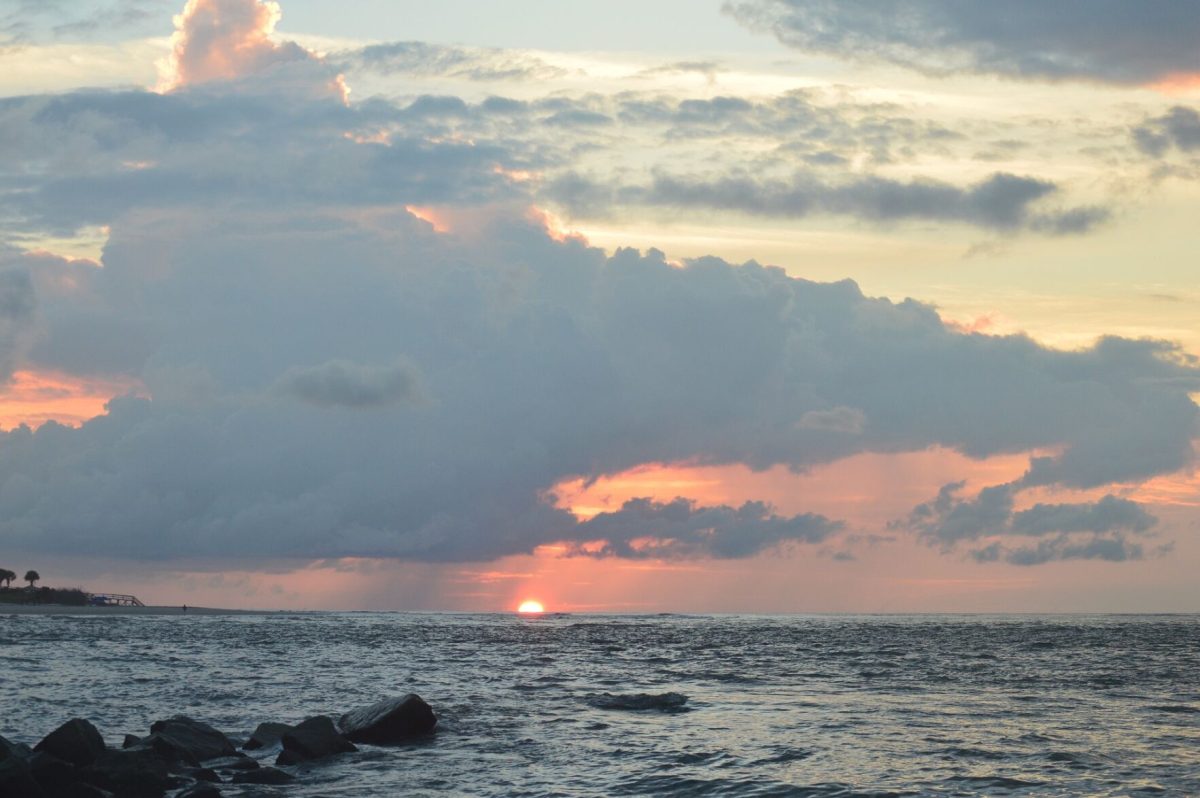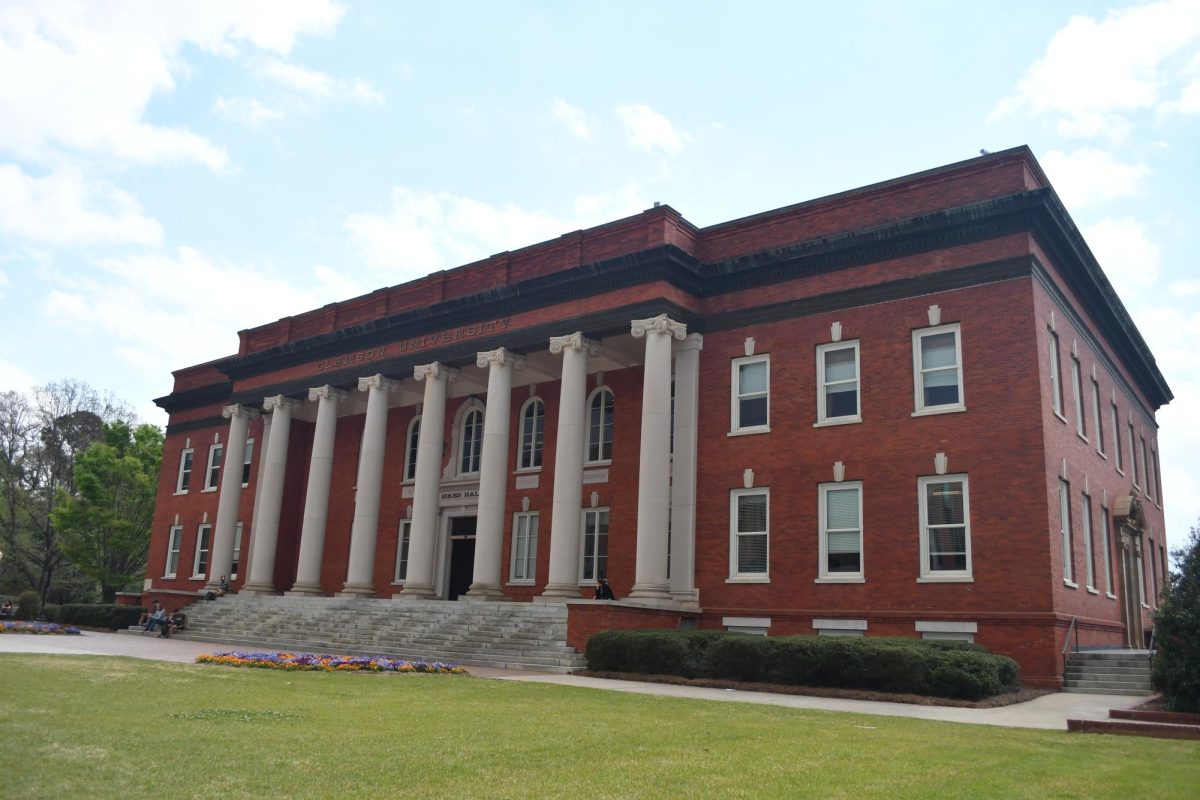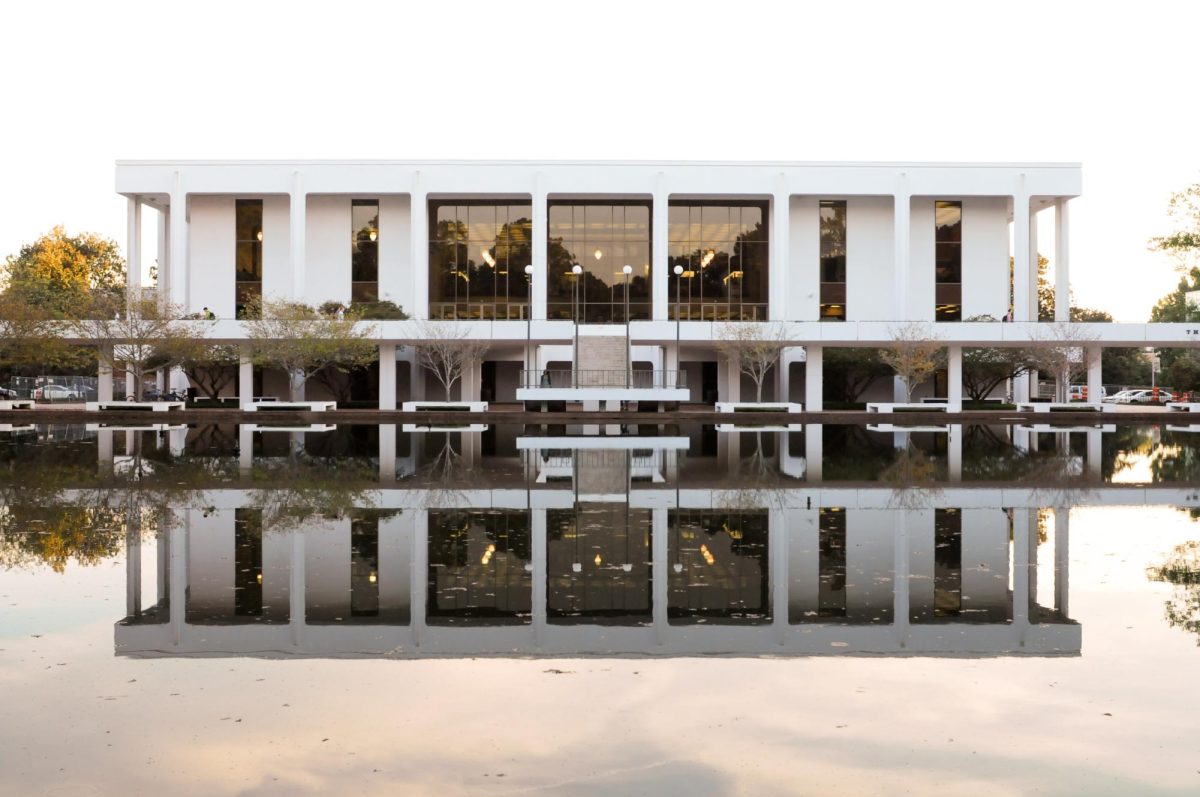Charleston celebrated a huge environmental milestone late last year with the completion of a “smart reef,” which will link into a coastal system that simultaneously provides key habitat for aquatic life and helps scientists predict and prevent flooding.
Yet, one aspect of this achievement may come as a surprise to some: it was inspired and led by Republicans.
This artificial reef was a critical component of the South Carolina Floodwater Commission, a task force created by an executive order from Republican Governor Henry McMaster, and chaired by renowned environmental expert Tom Mullikin, a Republican who ran for office in 1996.
The Floodwater Commission was created to mitigate sea level rise, inhibit flooding and protect coastal ecosystems. Their accomplishments — which include conserving native plants, artificial reefs, green infrastructure and living shoreline development — show how the interests of human and environmental well-being can, and often do, coincide. But it also reveals a larger and more important truth: the environment is a bipartisan issue.
From the ornate facades of Washington to the local high school down the street, Americans appear more divided each passing year. Even the “bipartisan” infrastructure bill of 2021 passed with only 13 Republican representative votes. Because the bill had significant climate elements, this only reinforced the idea that liberals are environmental champions and conservatives are greedy environment-haters. But that’s incorrect.
Republicans hold every statewide office in the state of South Carolina. A solidly red state, no Democrat has been elected governor since 1999 and at least one Senate seat has been Republican since 1956. In the past election cycle, 6 of 7 representatives sent to Congress were Republicans. But despite all this, South Carolina is a leader in environmental policy.
The Floodwater Commission is far from the only example of conservatives making a difference in the state. Mullikin is also the founder of SC7, a group that annually treks for 30 days across the state to raise awareness of the threat climate change poses to the 7 natural wonders of South Carolina, and was portrayed in the documentary Higher Ground.
Lt. Gov. Pamela Evette has been integral in the efforts of PalmettoPride, an organization dedicated to eradicating litter from South Carolina’s roads that has removed 73 million pounds of trash and reduced debris by 60% statewide since 2001. Representative Nancy Mace also co-sponsored an offshore drilling ban along the coast of the state, and recently, she joined Senator Lindsey Graham to promote the restoration of Crab Bank in Charleston Harbor, a vital nesting site for migrating birds that had been wiped away by Hurricane Irma.
Three of South Carolina’s congressmen, Reps. Nancy Mace, Tom Rice and William Timmons, are also members of the 74-strong Conservative Climate Caucus, the eighth most of any state and impressive for one so small in population.
South Carolina is just one state of 50, and its rise in conservation is not unique. Throughout the country, countless other conservative-minded groups are rising to champion bipartisan environmental solutions. The powers that be may still work to keep the old narrative alive, but they cannot do so for long. Conservation is conservative.
Evan Patrohay is a graduate of Clemson University, a proud South Carolinian, and member of the American Conservation Coalition. During 2021-2022 he researched the effects of climate change on Arctic ecosystems in Tromsø, Norway under a Fulbright Scholarship.
Categories:
Patrohay: Charleston’s ‘smart reef’ would not have happened without conservative environmentalists
Evan Patrohay
February 17, 2023
0
Donate to The Tiger
Your donation will support the student journalists of Clemson University. Your contribution will allow us to purchase equipment and cover our annual website hosting costs.
More to Discover













